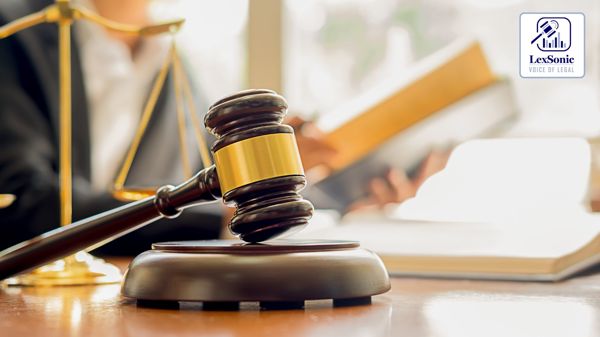Court Denies Request for Handwriting Expert in Long-Pending Case.
30 August 2024
Civil Procedure Code Relief >> Constitution & Law Procedure
In a recent ruling, the court addressed a procedural application involving the disputed signatures of late defendant Tushar Kant Ganguli. The case, already in its final arguments phase, saw the petitioners—legal representatives of Ganguli—seeking the appointment of a handwriting expert to examine the authenticity of certain signatures on documents purportedly involving Ganguli.
The petitioners' request was grounded in the allegation that the ‘agreement to sell’ and ‘receipt’ in question were forged and did not bear Ganguli’s true signatures. This claim has been a central issue in the case, which has experienced several procedural delays and complications.

Earlier, the court had attempted to resolve the dispute by sending the documents to the Central Forensic Science Laboratory (CFSL) for analysis. However, the CFSL report, dated December 14, 2005, proved inconclusive. The report was deemed inadequate because the signatures provided for comparison were insufficient.
In response to this, the defendant had previously requested another round of signature comparison by CFSL through an application filed under Section 151 of the Civil Procedure Code (CPC). This request was denied by the court in an order dated March 18, 2008. Rather than pursuing a review of this decision, the defendant has now resubmitted a similar request under Section 151 CPC, albeit phrased differently—seeking the involvement of a "neutral handwriting expert" instead of CFSL.
The court noted that this application, made nearly nine years later, appeared to be an indirect attempt to achieve what had previously been denied. The timing of the request, just as the case was about to conclude, was also criticized. The case was highlighted as one of the oldest pending matters in the court, with final arguments scheduled for September 1, 2024.
Considering these factors, the court found no grounds to invoke its supervisory powers to interfere with the trial court's order. The petition was dismissed, and the scheduled hearing date of October 22, 2024, was cancelled.
However, in a subsequent development, the petitioner's counsel requested permission to file an application for a waiver of the costs imposed by the impugned order. The trial court has been directed to consider this application in accordance with the law, irrespective of the dismissal of the main petition.
